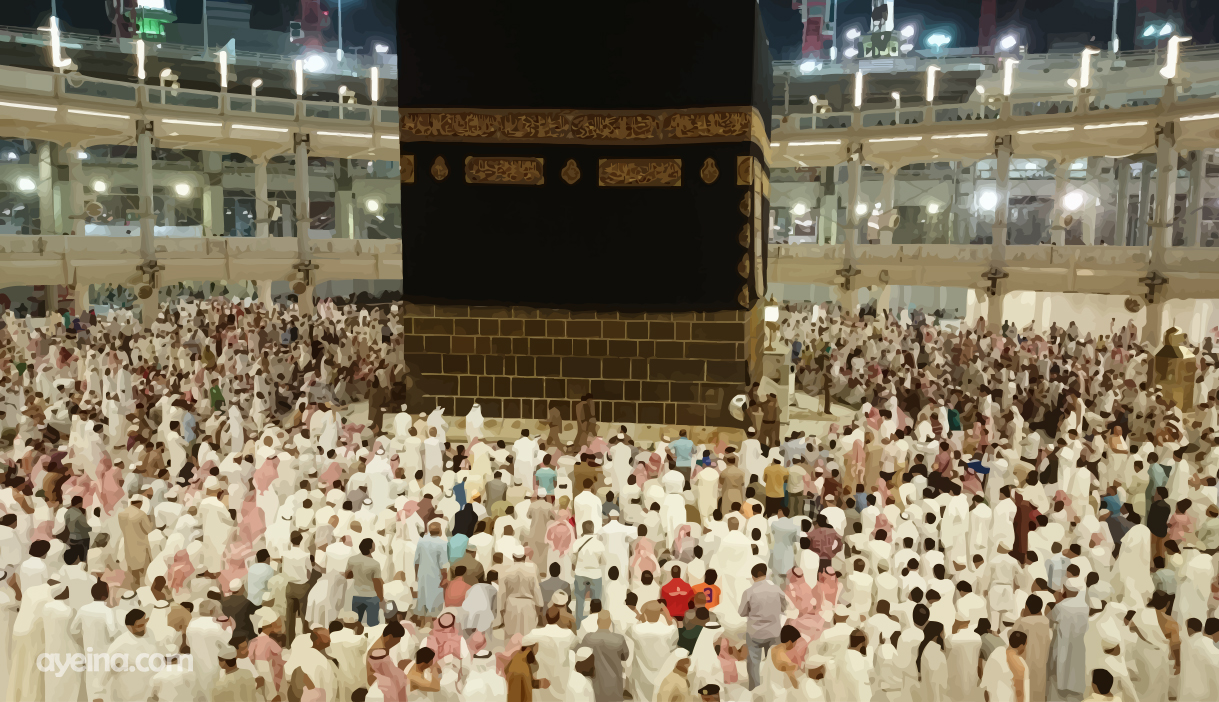
Umrah is a deeply spiritual journey that millions of Muslims undertake each year. While it is a non-obligatory pilgrimage, it holds immense value and is often referred to as the "minor pilgrimage." However, in today's fast-paced world, there can be a tendency to approach Umrah in a non-procedural way, focusing on speed and convenience over the proper rites and spiritual depth. This article aims to explore the importance of a procedural Umrah and why Umrah likes to be an option rather than a rushed obligation. We will delve into what constitutes a non-procedural Umrah and offer guidance on how to ensure your pilgrimage is both spiritually enriching and correctly performed.
The Essence of a Procedural Umrah
A procedural Umrah is one that is performed in accordance with the teachings of the Quran and the Sunnah of the Prophet Muhammad (PBUH). It involves a series of meticulously prescribed rites, each with its own profound meaning. These rites include:
Ihram: The state of purity and intention, marked by wearing specific garments.
Tawaf: Circling the Kaaba seven times in an anti-clockwise direction.
Sa'i: Walking and running between the hills of Safa and Marwah seven times.
Tahalul: The act of leaving the state of Ihram, typically by cutting a lock of hair.
Each of these steps is not just a physical action but a spiritual one, designed to bring the pilgrim closer to Allah (SWT). A procedural Umrah ensures that the pilgrim reaps the full rewards of this sacred journey.
What is a Non-Procedural Umrah?
A non-procedural Umrah is a term used to describe an Umrah that is performed incorrectly or with a lack of proper understanding of its rites. This can happen for a variety of reasons, including:
Lack of Knowledge: Some pilgrims may not be fully aware of the correct steps and their order. They may inadvertently skip a rite or perform it incorrectly.
Rushed Pilgrimage: In an effort to save time or to accommodate a busy schedule, pilgrims might rush through the rites, losing the spiritual focus and the sense of devotion.
Commercialization: With the rise of package deals, some travel agencies might prioritize speed and cost over the spiritual well-being of the pilgrims, leading to a hurried and non-procedural Umrah.
An example of a non-procedural Umrah could be a pilgrim who performs Sa'i before Tawaf or a pilgrim who does not make the correct intention for Ihram. Such deviations from the prescribed procedure can compromise the validity of the Umrah, turning it into a mere exercise rather than an act of worship. This is why it is crucial to avoid a non-procedural Umrah and to seek guidance and knowledge before embarking on the journey.
Umrah Likes To Be An Option: The True Spirit of Pilgrimage
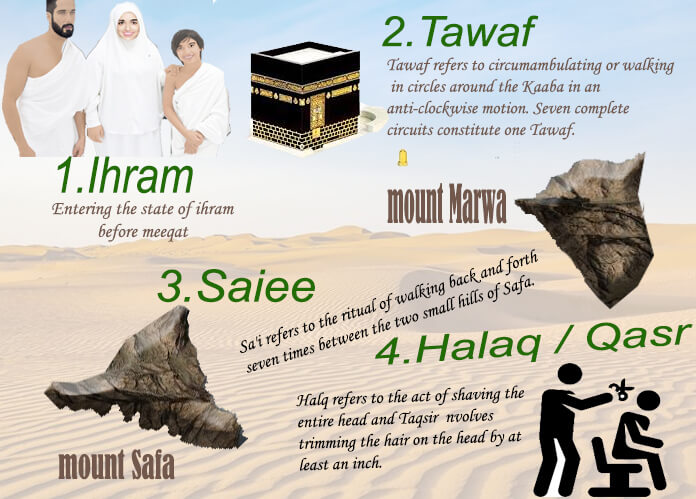
The phrase "Umrah likes to be an option" beautifully captures the essence of this pilgrimage. Umrah is not a mandatory duty like the five daily prayers or the annual Zakat. It is an optional act of worship, a testament to a pilgrim's personal devotion and desire to seek closeness to Allah (SWT). The fact that Umrah likes to be an option means that it should be performed with a willing heart and a sincere intention. It should be a choice, a personal commitment, and a journey of love, not a forced obligation.
This perspective is crucial in avoiding a non-procedural Umrah. When pilgrims view Umrah as an option, they are more likely to:
Prepare Adequately: They will take the time to learn about the rites, their meanings, and the proper way to perform them.
Focus on Spirituality: The emphasis will shift from the physical acts to the spiritual state of the heart. The pilgrim will be more mindful of their prayers, supplications, and the sacredness of the journey.
Embrace the Journey: They will see the challenges and hardships as part of the spiritual experience, not as obstacles to be overcome quickly.
Therefore, embracing the idea that Umrah likes to be an option can be a powerful tool in ensuring that the pilgrimage is a true act of devotion and not just a tick-box exercise. It encourages a deeper, more meaningful connection with the divine, which is the ultimate goal of Umrah.
A Guide to Avoiding a Non-Procedural Umrah
To ensure your Umrah is performed correctly and is spiritually rewarding, consider the following:
Seek Knowledge:
Read books and articles about the rites of Umrah.
Watch instructional videos from reputable Islamic scholars.
Attend classes or seminars on the topic.
Choose a Reputable Travel Agency:
Select an agency that prioritizes the spiritual well-being of its pilgrims over commercial interests.
Look for packages that include knowledgeable guides who can assist you throughout the pilgrimage.
Perform the Rites with Sincerity:
Before you start, make a sincere intention for Umrah.
During each rite, focus on the meaning and significance of what you are doing.
Remember that the true purpose is to seek the pleasure of Allah (SWT), not to complete a set of actions.
Embrace the Spiritual Atmosphere:
Spend time in the Holy Mosques of Makkah and Madinah in prayer and contemplation.
Engage in acts of charity and kindness.
Reflect on your life and make a commitment to positive change.
By following these steps, you can ensure that your pilgrimage is a truly transformative experience. You will avoid the pitfalls of a non-procedural Umrah and embrace the true spirit of a journey where Umrah likes to be an option.
Conclusion
Umrah is a precious gift, a chance to cleanse one's soul and renew one's faith. It is not an item on a to-do list but a profound act of worship that deserves our full attention and sincerity. By understanding the importance of a procedural Umrah and embracing the idea that Umrah likes to be an option, we can transform our pilgrimage from a rushed trip into a truly meaningful and spiritually enriching journey. Let us all strive to perform Umrah with the reverence and devotion it deserves, ensuring that every step we take brings us closer to the divine.
;More Travel News
-
 12-Jun-2025Germany Opens New Doors: Faster and More Accessible Visas for Pakistanis in 2025
12-Jun-2025Germany Opens New Doors: Faster and More Accessible Visas for Pakistanis in 2025 -
 19-Jan-2025PIA Investigates After Flight Lands on Incorrect Runway
19-Jan-2025PIA Investigates After Flight Lands on Incorrect Runway -
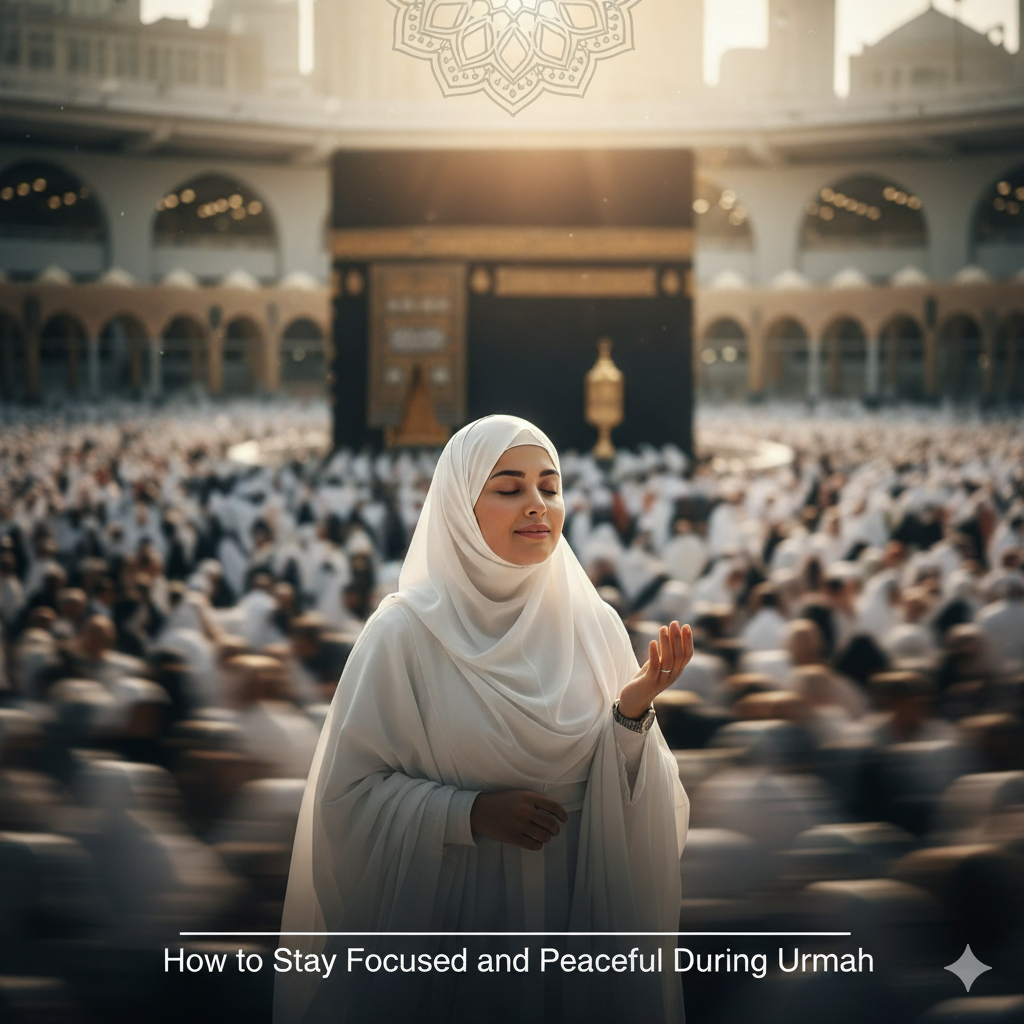 14-Oct-2025How to Stay Focused and Peaceful During Umrah
14-Oct-2025How to Stay Focused and Peaceful During Umrah -
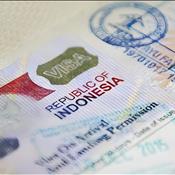 06-Sep-2023Indonesia Launches Golden Visa Program to Attract Foreign Investors
06-Sep-2023Indonesia Launches Golden Visa Program to Attract Foreign Investors -
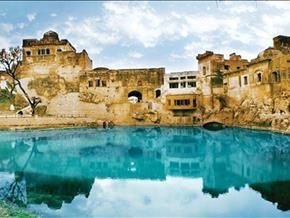 27-Apr-2024A beginner’s guide to top archaeological sites in Pakistan
27-Apr-2024A beginner’s guide to top archaeological sites in Pakistan -
 12-Aug-2025Luxury, Budget, or Adventure – Tours for Every Traveler: Finding Your Perfect Journey
12-Aug-2025Luxury, Budget, or Adventure – Tours for Every Traveler: Finding Your Perfect Journey -
 16-May-2019The Rise of Tour Operators in Pakistan
16-May-2019The Rise of Tour Operators in Pakistan -
 07-Jul-2025Sweden to Restart Visa Services from Pakistan Soon
07-Jul-2025Sweden to Restart Visa Services from Pakistan Soon -
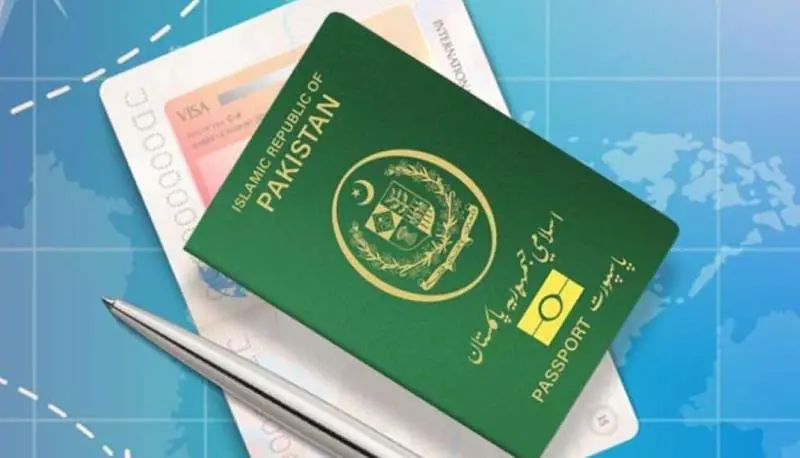 01-Jul-2025July 2025 Update: Navigating Passport Fees in Pakistan – Normal vs. Urgent
01-Jul-2025July 2025 Update: Navigating Passport Fees in Pakistan – Normal vs. Urgent -
 20-May-2025Thailand's New Era of Air Passenger Rights: Enhanced Protection Against Flight Delays and Cancellations Takes Effect
20-May-2025Thailand's New Era of Air Passenger Rights: Enhanced Protection Against Flight Delays and Cancellations Takes Effect -
 13-Jun-2024Top 10 beautiful countries to visit if you are going to Europe
13-Jun-2024Top 10 beautiful countries to visit if you are going to Europe -
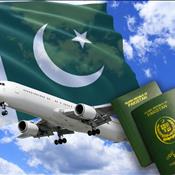 07-Feb-202010 Countries That Offer Easy Visa to Pakistanis
07-Feb-202010 Countries That Offer Easy Visa to Pakistanis
